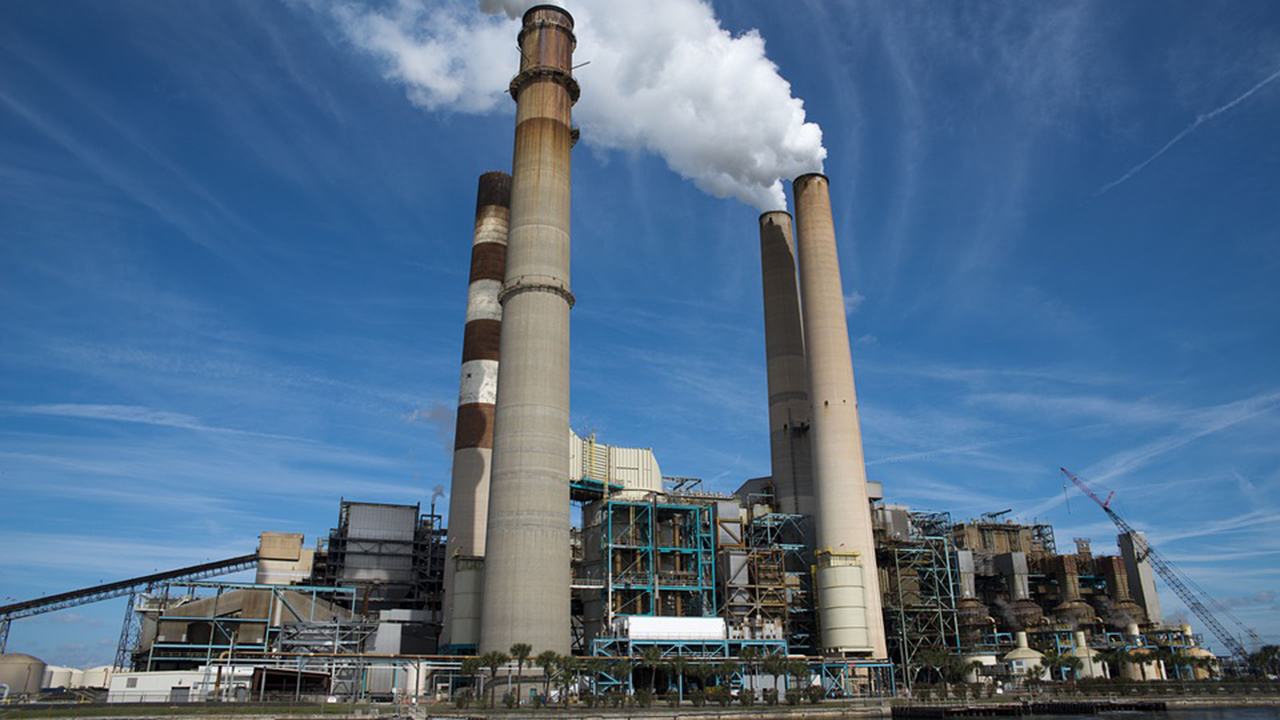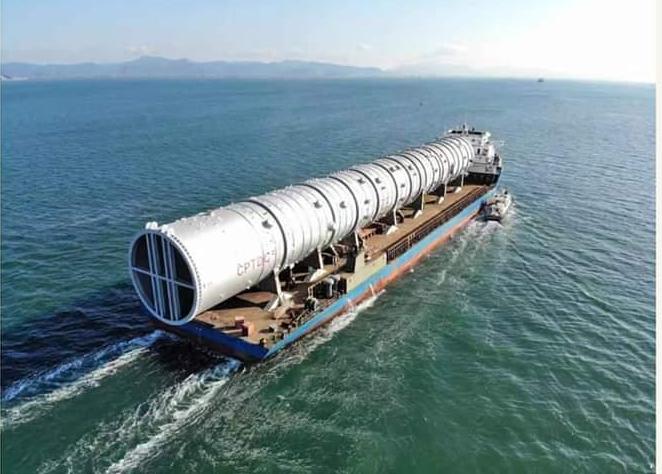President of the National Gas Association (NGA), Mrs Audrey Joe Ezigbo, has argued that the gas sector can drive Nigeria’s diversification agenda if government is deliberate about the gas-to-power initiative, especially for industries.
Explaining more in an interview on the sidelines of a recent stakeholders’ forum in Abuja, she argued that the quantum of Nigeria’s gas reserves is enough incentive for prospective investors, but there are issues the government must get right in terms of policy position for the sub-sector to flourish.
She added that both indigenous and foreign gas investors are ready to partner with good government gas policy, grey issues need to be streamlined as soon as possible.
Earlier in his submissions, the Special Adviser to the Minister of State for Petroleum Resources, Dr. Timothy Okon, assured that efforts are on to address the challenges limiting the utilisation of gas for domestic purposes.
According to him, though extractive industries support frontier economy and not development, frameworks need to be developed to promote a competitive market that encourages the operators to invest.
He noted that though sector-based pricing was adopted as a form of intervention in some cases to drive consumption and grow critical sectors of the economy, enterprises that utilise gas for commercial purposes should be willing to pay more in the near future.
Okon was of the view that “the Federal Government is targeting 2021 as the year in which the gap in supply and demand will be substantially bridged”.
However, industry players in unison, called for clear focusing of government policy needs especially on developing adequate infrastructure, providing enabling commercial terms, settling and preventing future debts related to gas and power supply, and improving the business environment for players.
They argued that the current Domestic Supply Obligation (DSO) procedure that allocates arbitrary pricing on gas supplied by the upstream gas producers without considering the viability of such pricing does not work and is a disincentive to gas producers investing in the gas infrastructure required to utilise Nigeria’s vast gas reserves.









